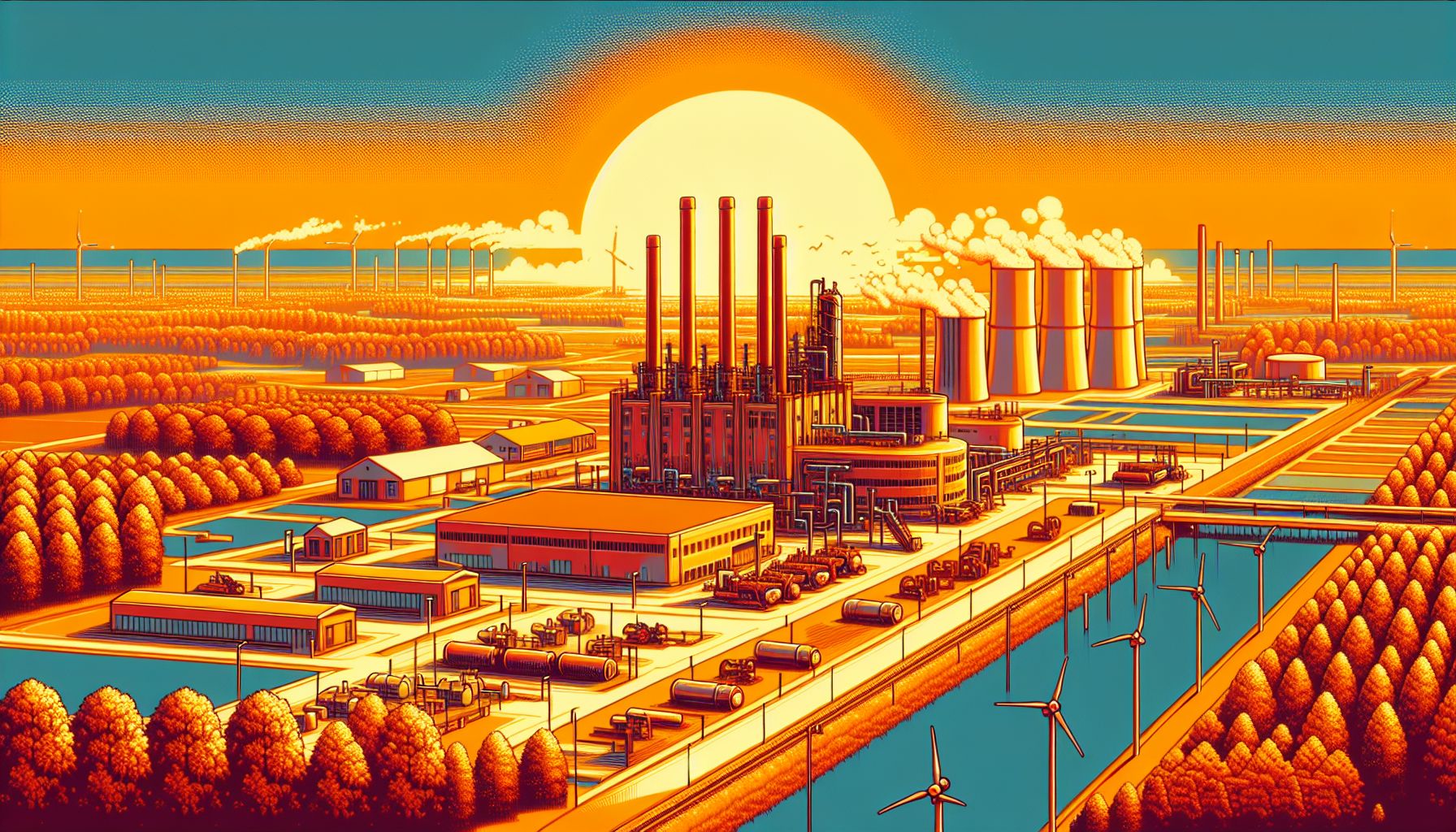Alliander and GroenLeven Halt Green Hydrogen Project in Oosterwolde

Oosterwolde, Thursday, 2 January 2025.
The Sinnewetterstof pilot project by Alliander and GroenLeven ended after failing to meet its goal of producing 100,000 kilograms of hydrogen annually, highlighting challenges in sustainable energy development.
Project Background and Objectives
The Sinnewetterstof project, launched in 2022 by network company Alliander and solar energy firm GroenLeven, represented the Netherlands’ first domestic hydrogen factory situated adjacent to a solar park in Oosterwolde [1]. The initiative aimed to investigate whether green hydrogen production could help alleviate grid congestion issues [1]. This pilot aligned with the growing global focus on green hydrogen production, which is crucial for decarbonizing hard-to-abate sectors including long-haul transportation, construction, and manufacturing [2].
Technical Challenges and Limitations
Despite its ambitious goals, the project encountered several operational hurdles during the startup phase [1]. While some system tests successfully produced green hydrogen on a limited scale, the output proved insufficient to meet the original learning objectives [1]. A key insight from the project revealed that component suppliers for such installations were not optimally coordinated, highlighting the technical complexities involved in green hydrogen production [1]. This aligns with broader industry challenges, as current electrolysis technologies continue to face efficiency and cost barriers [2].
Market Context and Future Implications
The decision to end the pilot earlier than its planned 5-year duration comes amid significant growth in the water electrolysis sector. The global market is projected to expand from USD 11.7 billion in 2023 to USD 23.4 billion by 2033, with a CAGR of 7.20% [5]. Alliander’s decision to potentially transfer the hydrogen installation to another owner reflects a broader industry trend, as the company believes maintaining its own electrolyzer is no longer necessary given the increasing prevalence of these systems in the new energy landscape [1].
Regulatory and Industry Learnings
Despite not achieving its production targets, the project yielded valuable insights for future hydrogen initiatives. Notably, it helped establish regulatory frameworks for permit procedures, providing important guidelines for future hydrogen projects [1]. This experience contributes to the broader development of green hydrogen infrastructure, which is particularly relevant as water electrolysis technology continues to evolve across different applications [3].

